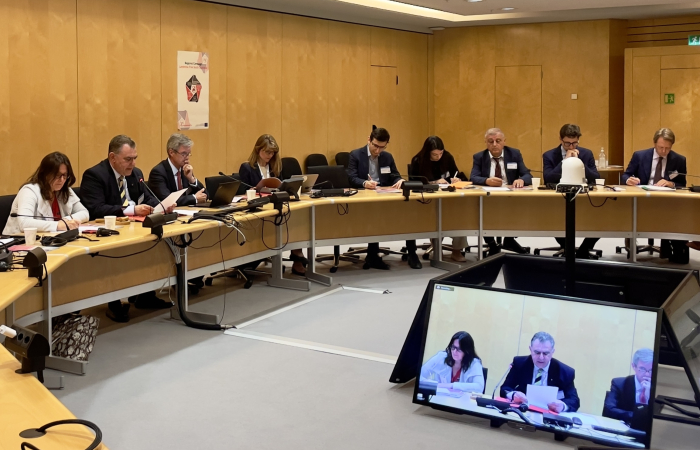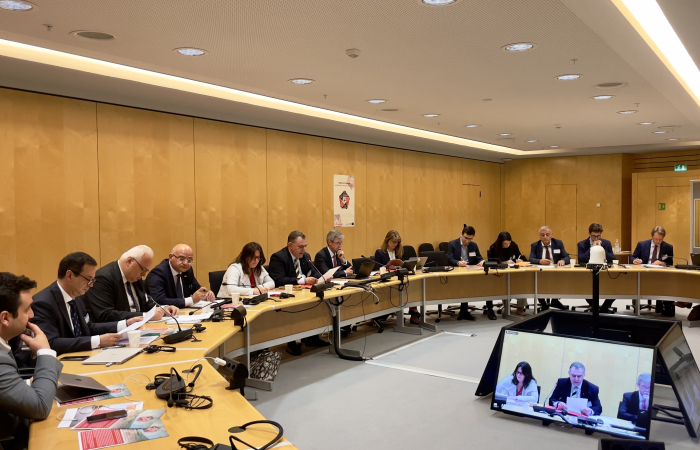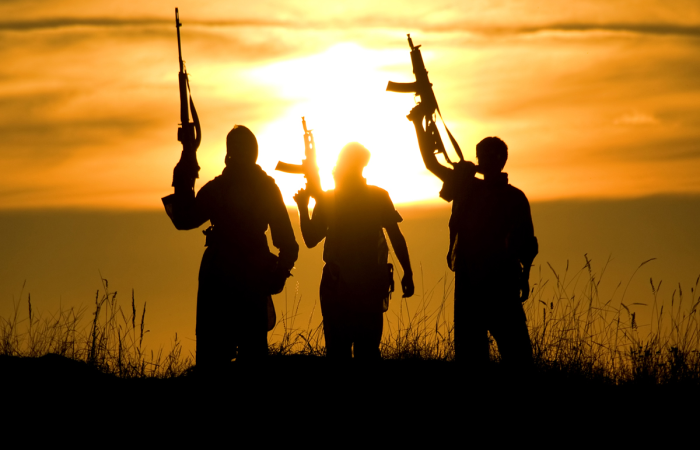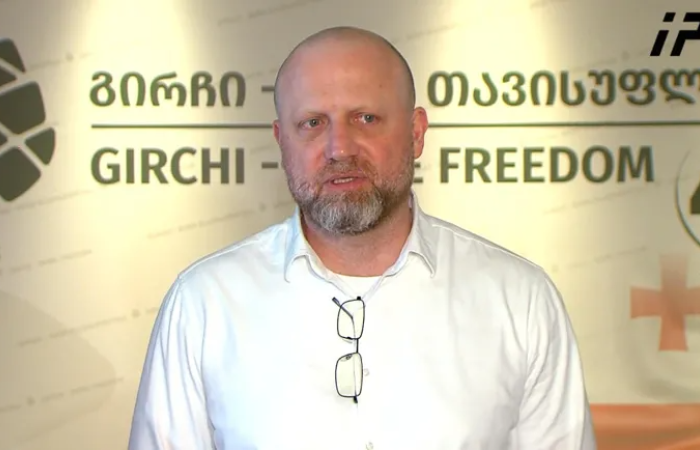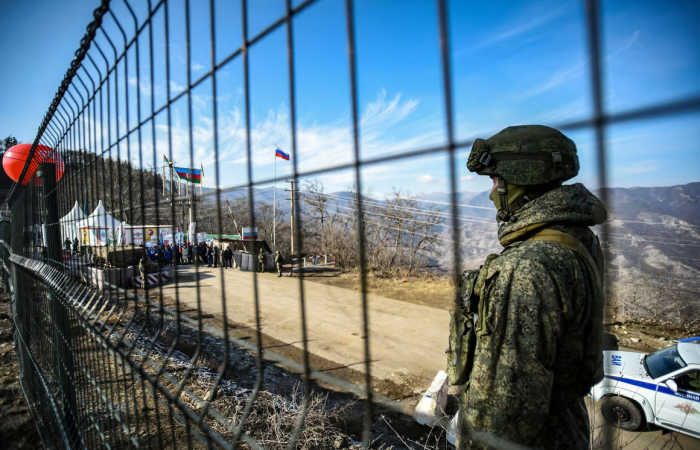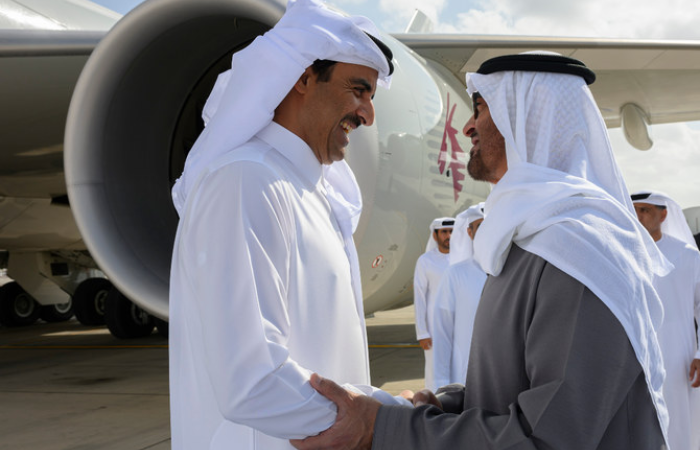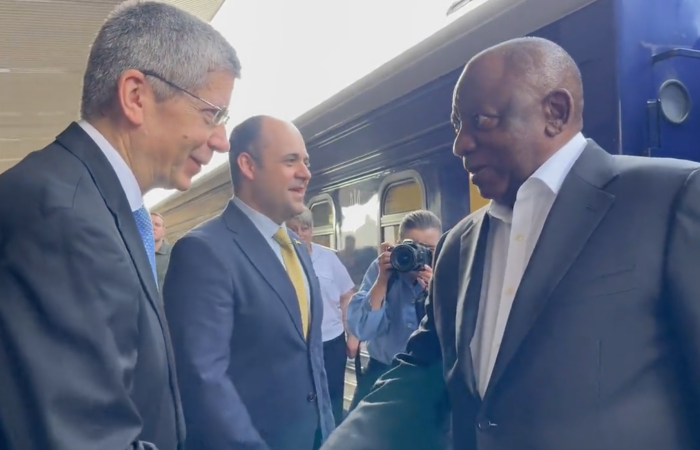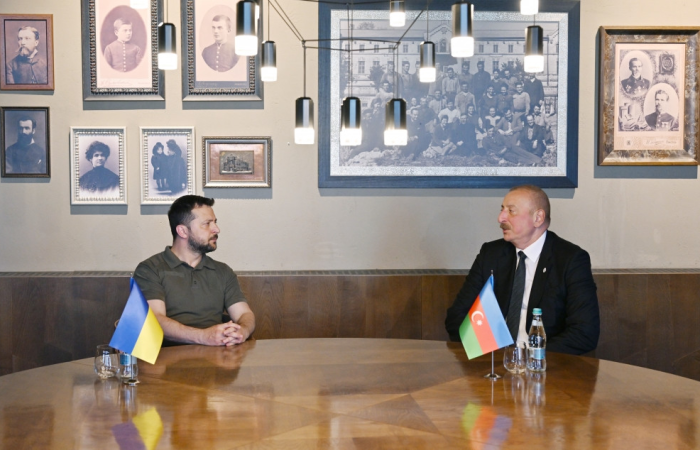Trending
LINKS Europe proposes five action points in support of a Landmine free South Caucasus
20 June 2023
The challenges ahead to achieve a landmine free South Caucasus by 2030 were discussed in a report presented by the Director of LINKS Europe, Dr Dennis Sammut, at an event held in Geneva on Monday (19 June 2023) on the margins of this year’s Intersessional Meetings of the Anti-Personnel Mine Ban Convention, popularly known as “The Ottawa Convention”. At the meeting, representatives of governments and international organisations reiterated their willingness to work for a landmine free South Caucasus by 2030. The meeting was also attended by representatives of civil society organisations from Armenia, Azerbaijan and Georgia. It was organised by LINKS Europe in its capacity as convenor of the regional campaign Landmine Free South Caucasus.In the opening report to the meeting, LINKS Europe Director, Dr Dennis Sammut called on Armenia, Azerbaijan and Georgia to join the Ottawa Convention, but said that on its part the international community needed also to step up its efforts. He proposed that the first steps should be taken before the end of the year for the convening of an international donors conference where a plan for a landmine free South Caucasus by 2030 could be agreed. He proposed that the European Union, as the biggest donor for humanitarian demining in the South Caucasus, should take the initiative by hosting in the Autumn bilateral Round Tables with the three countries, focused on the issue of landmines and their consequences, to prepare for such an International Conference.



